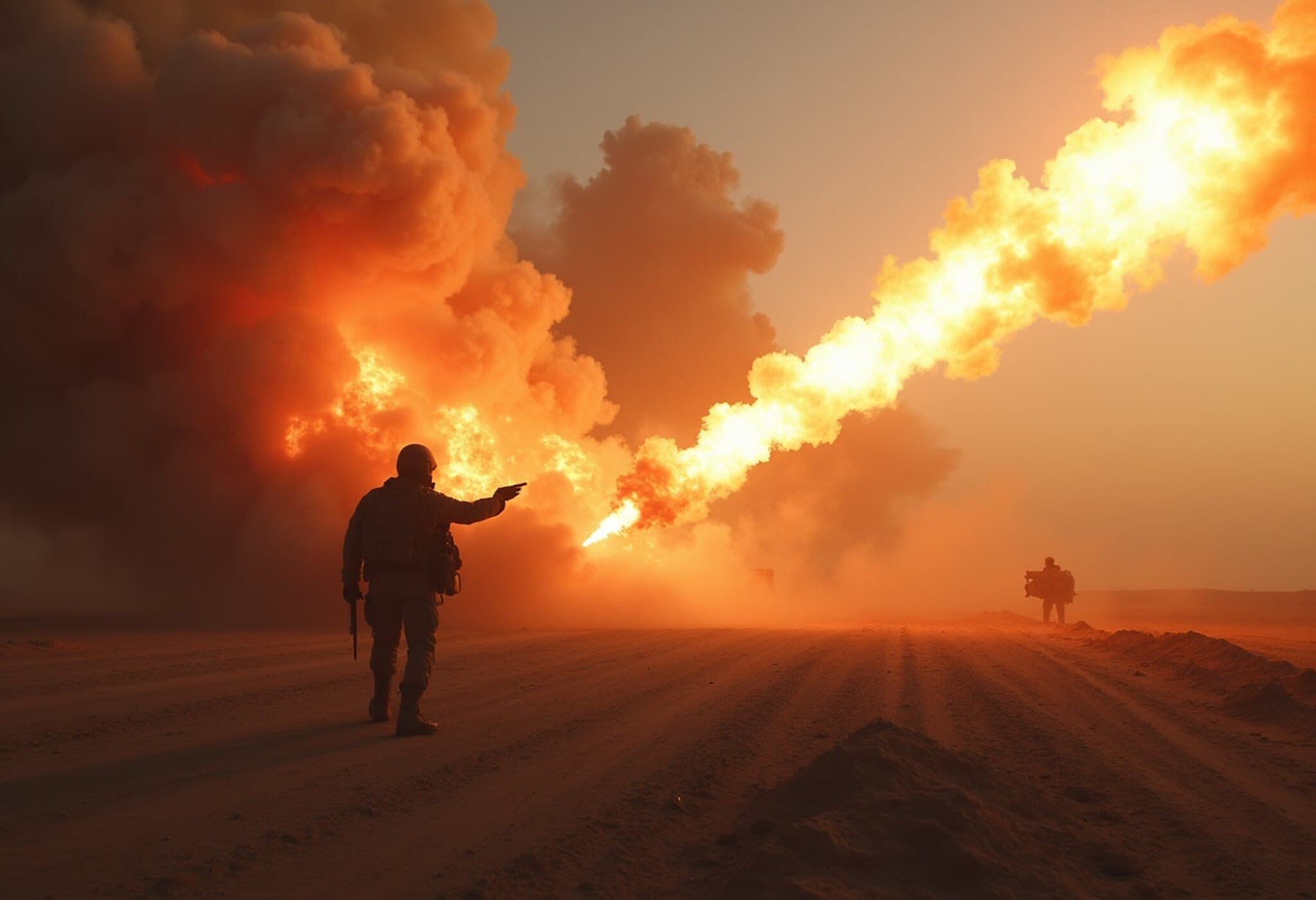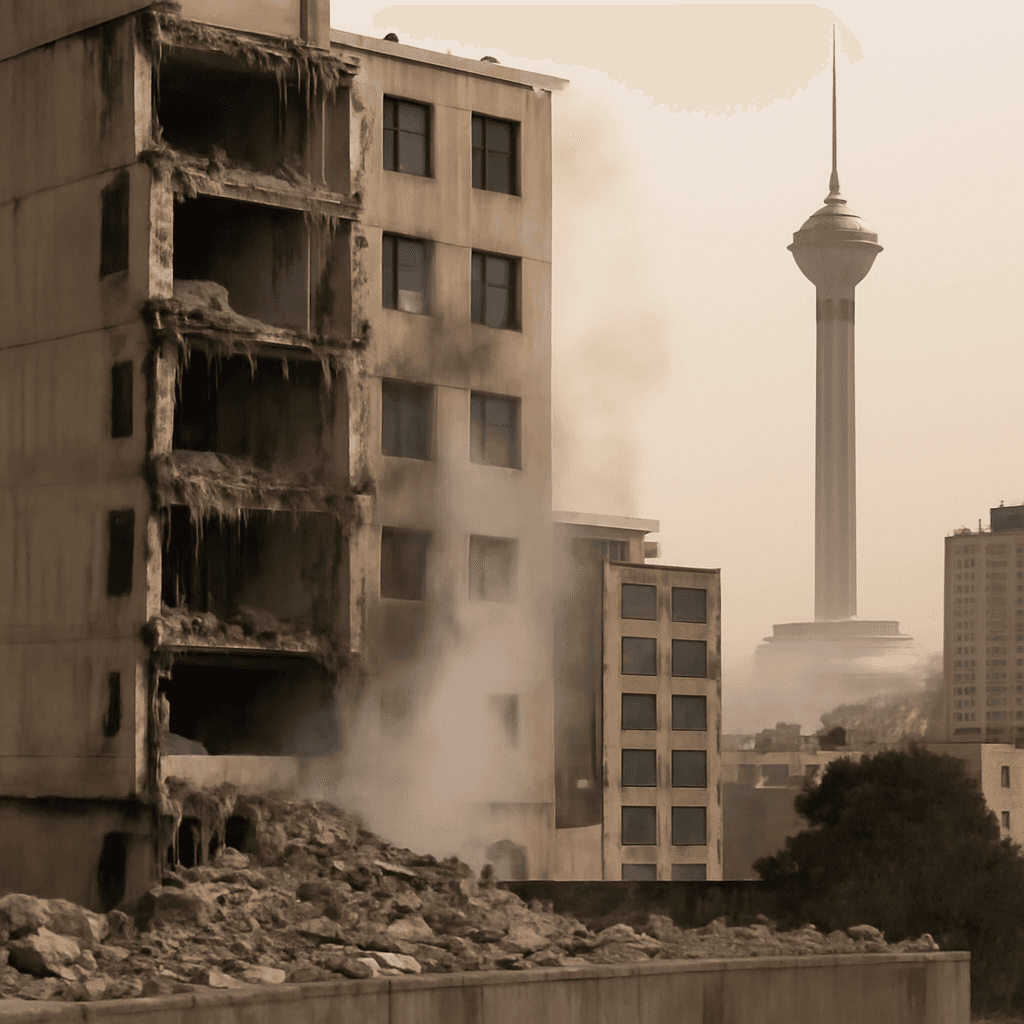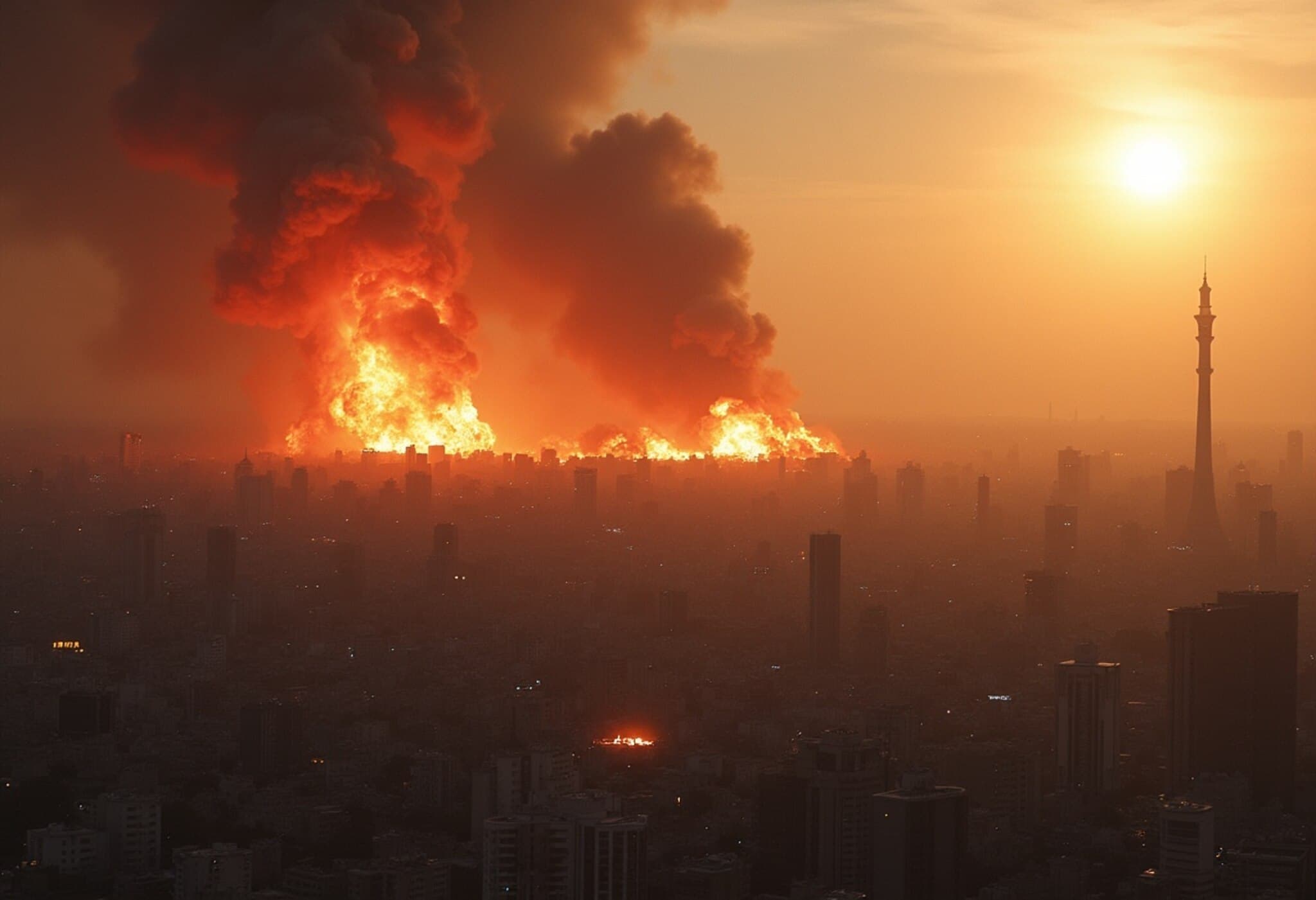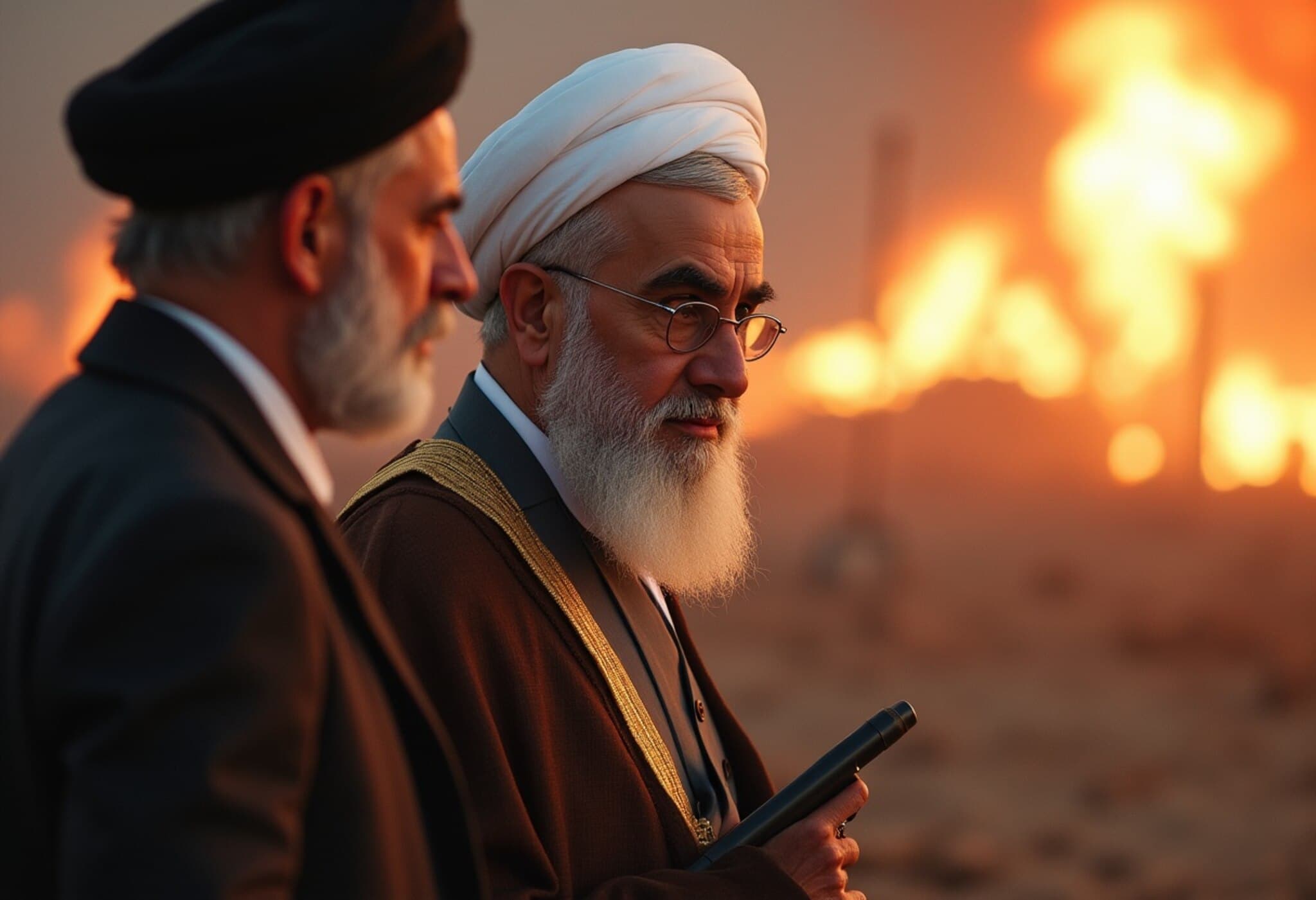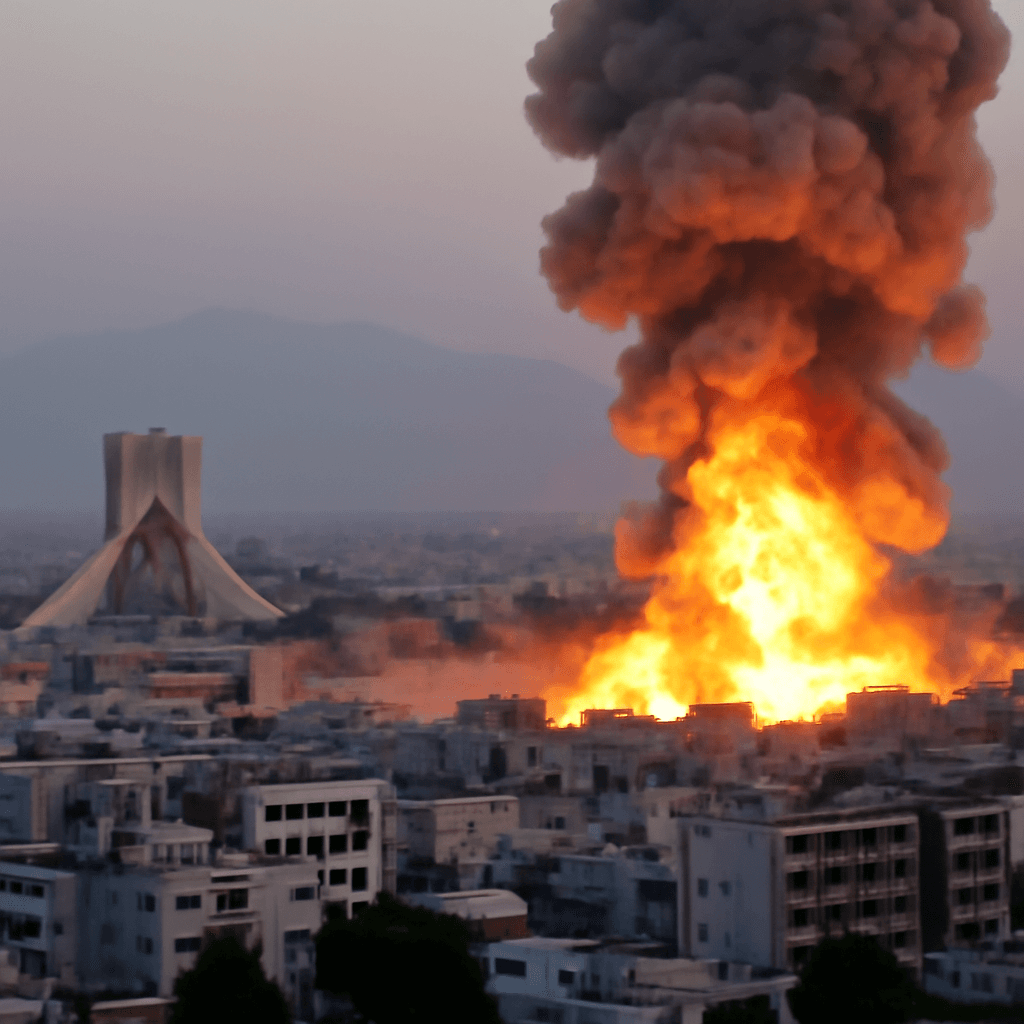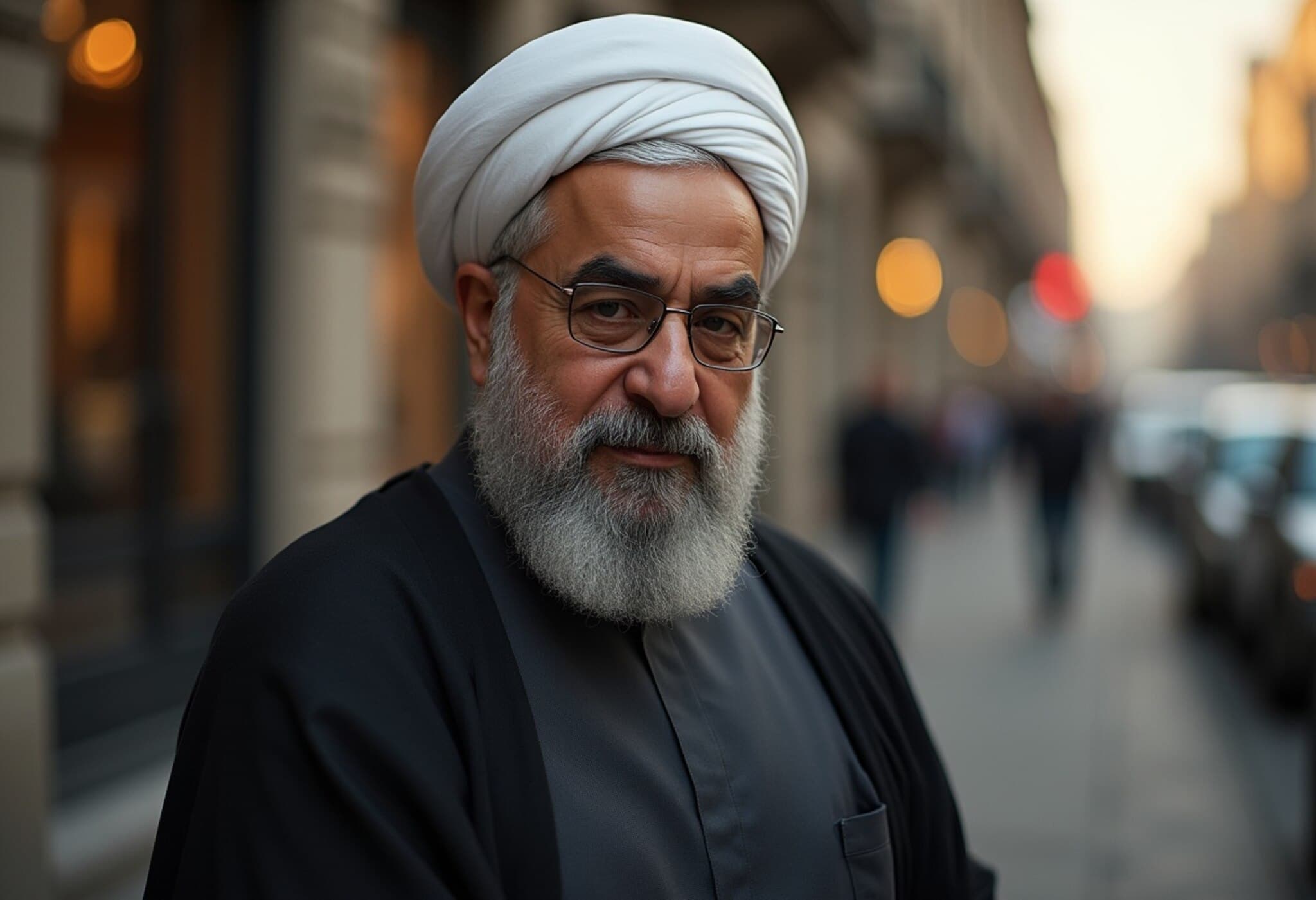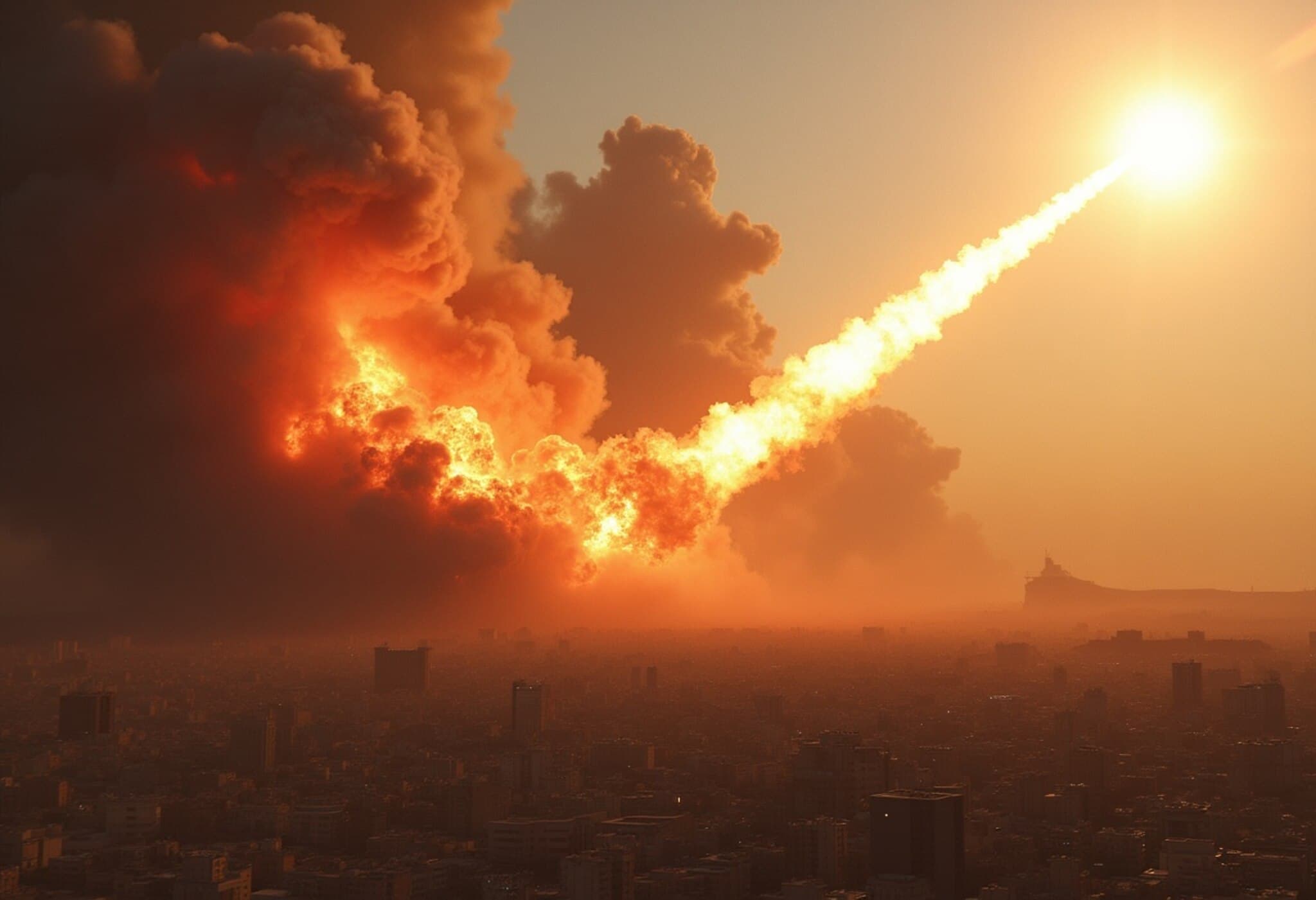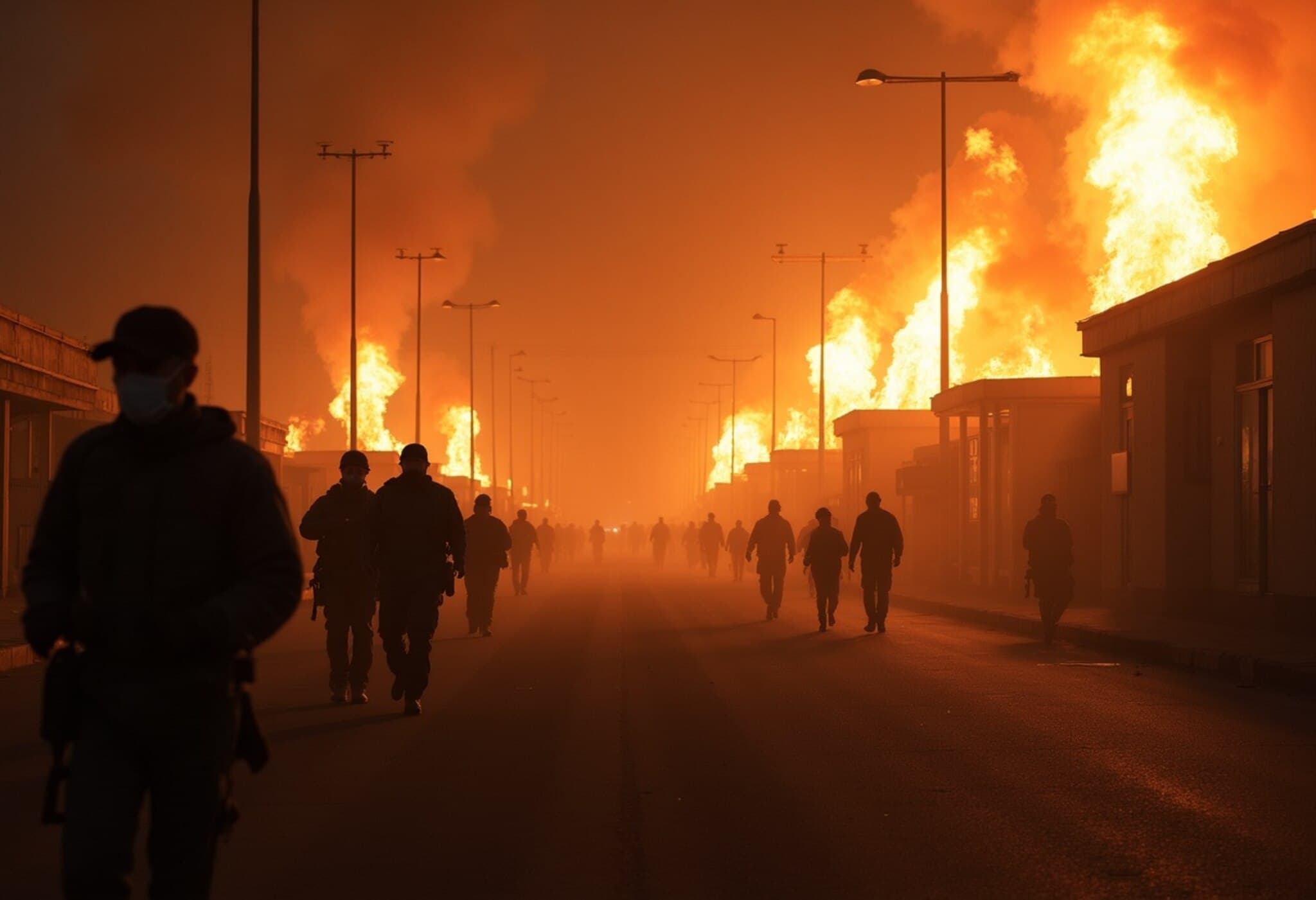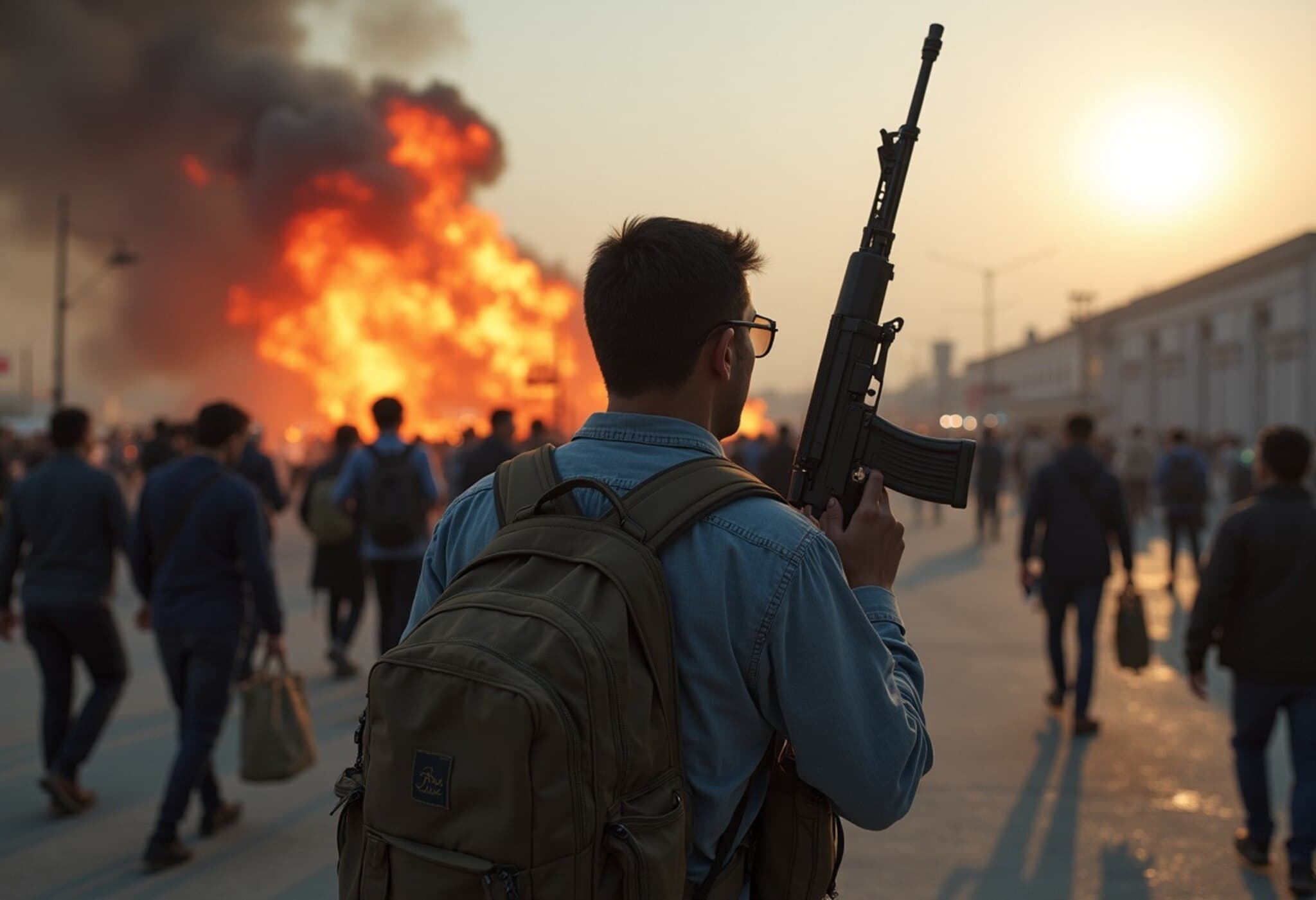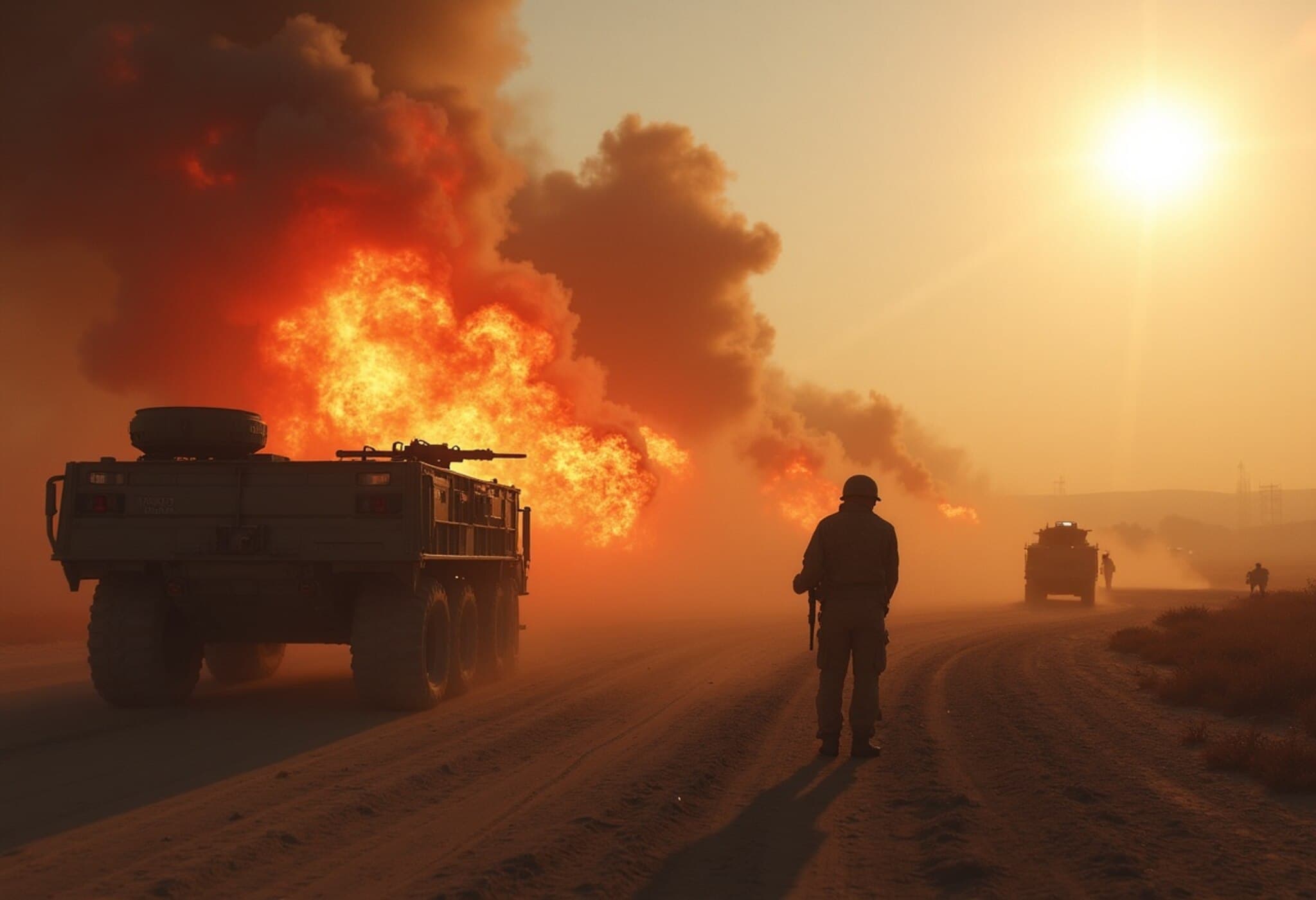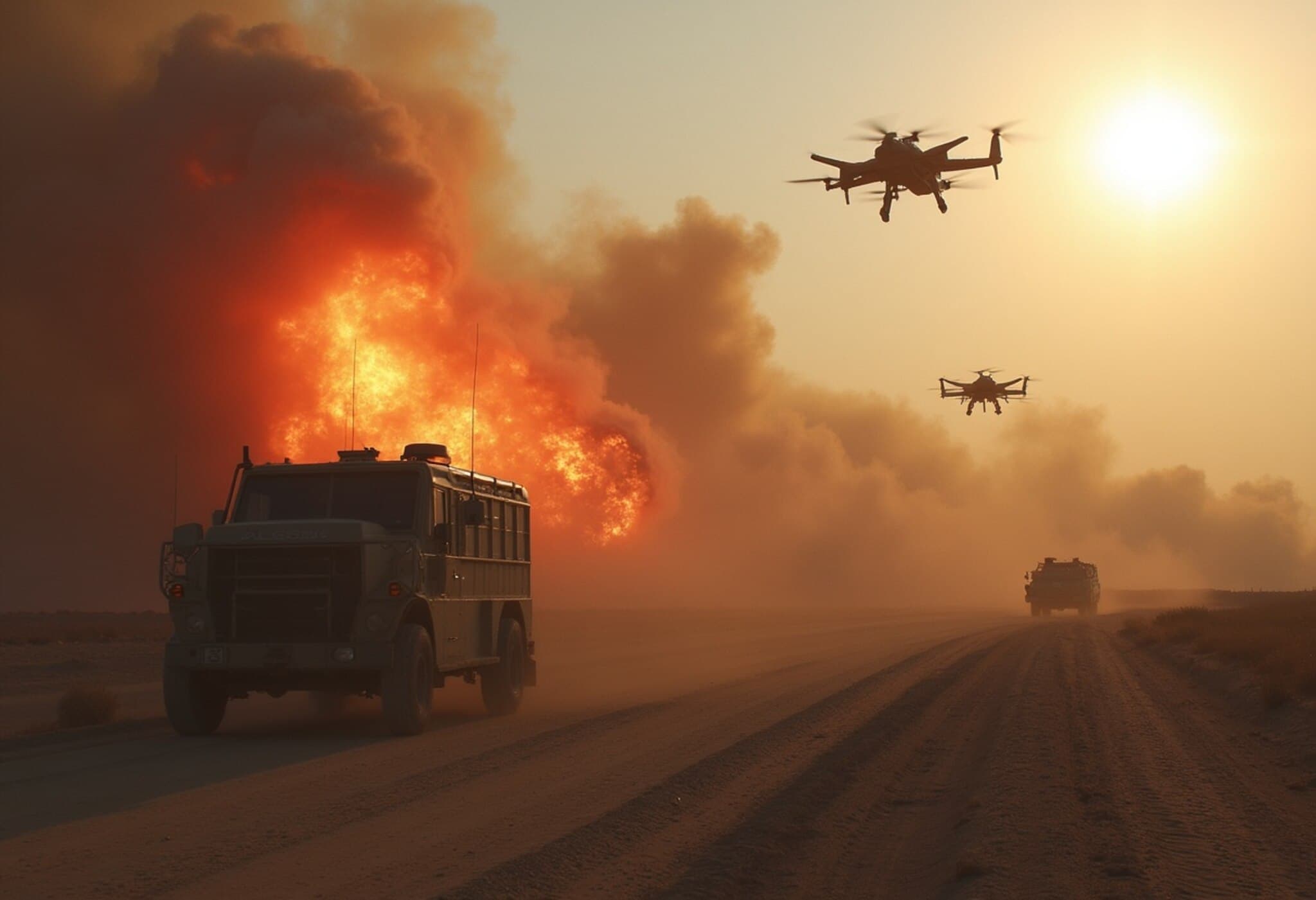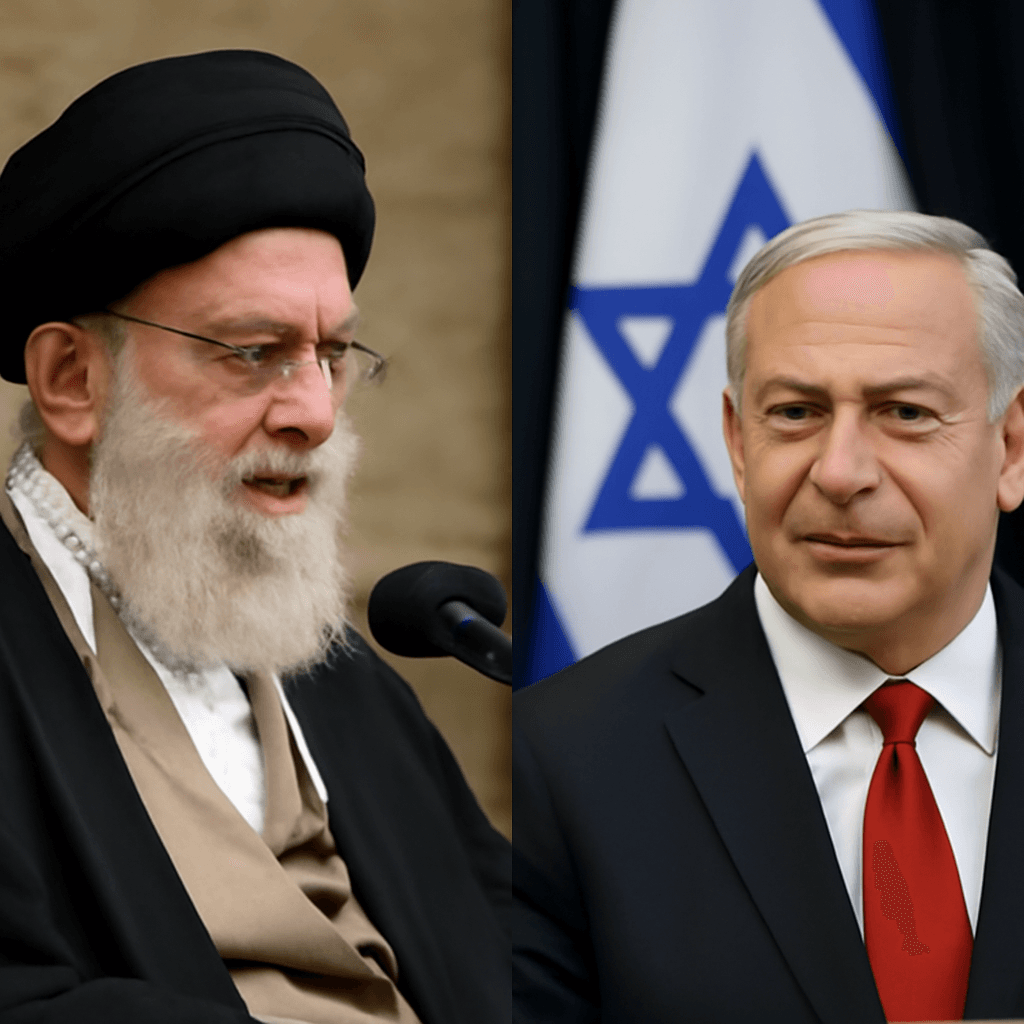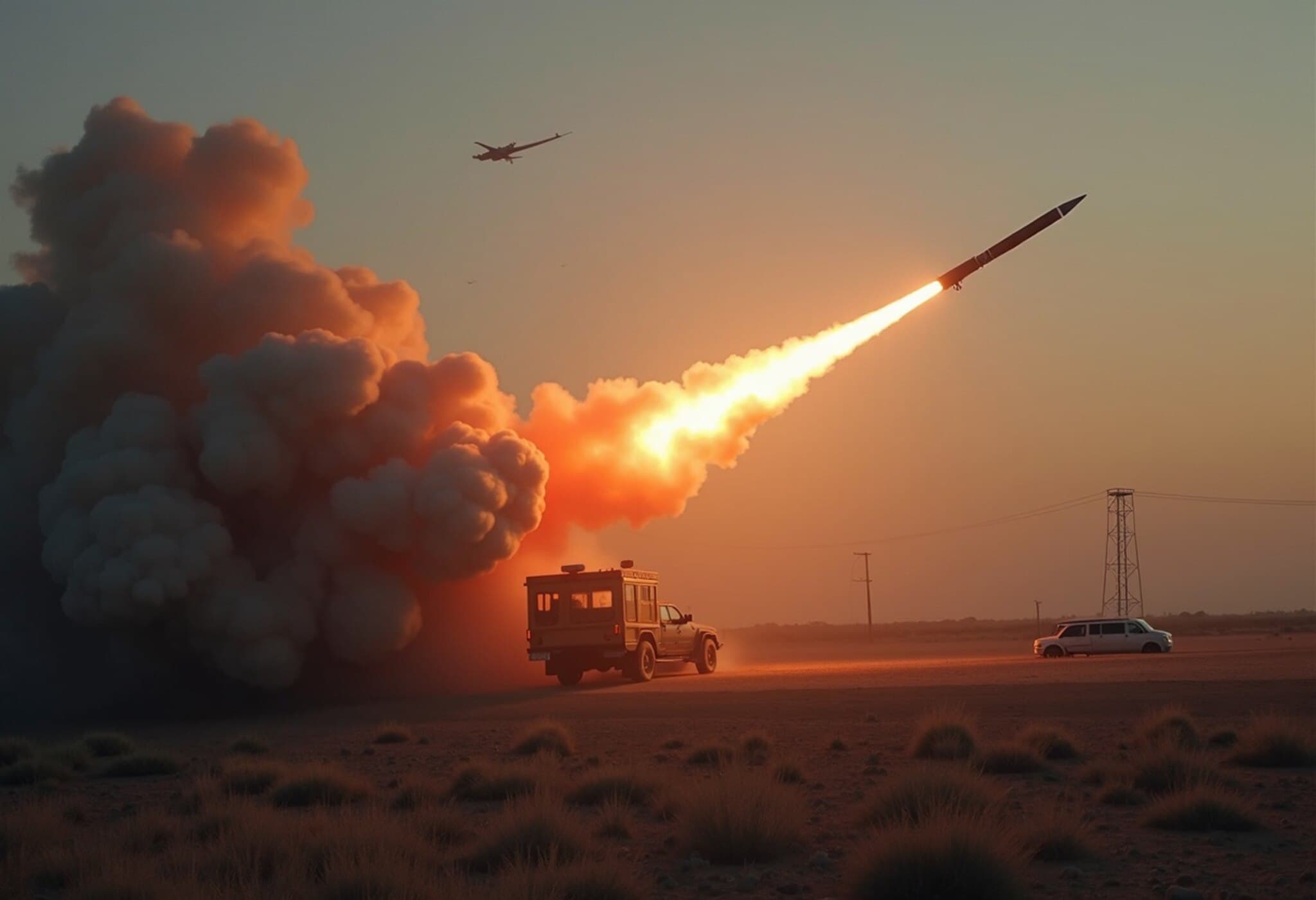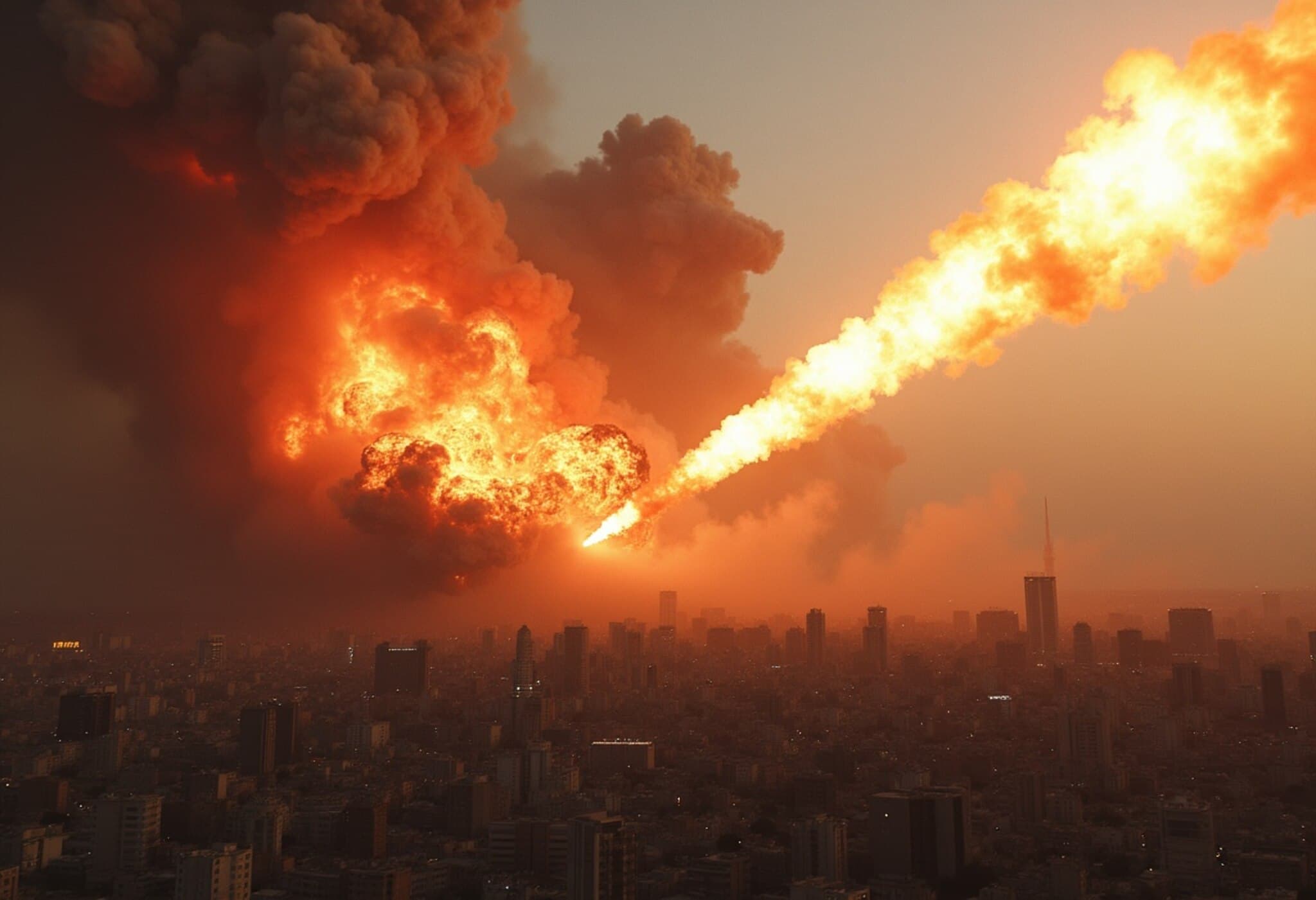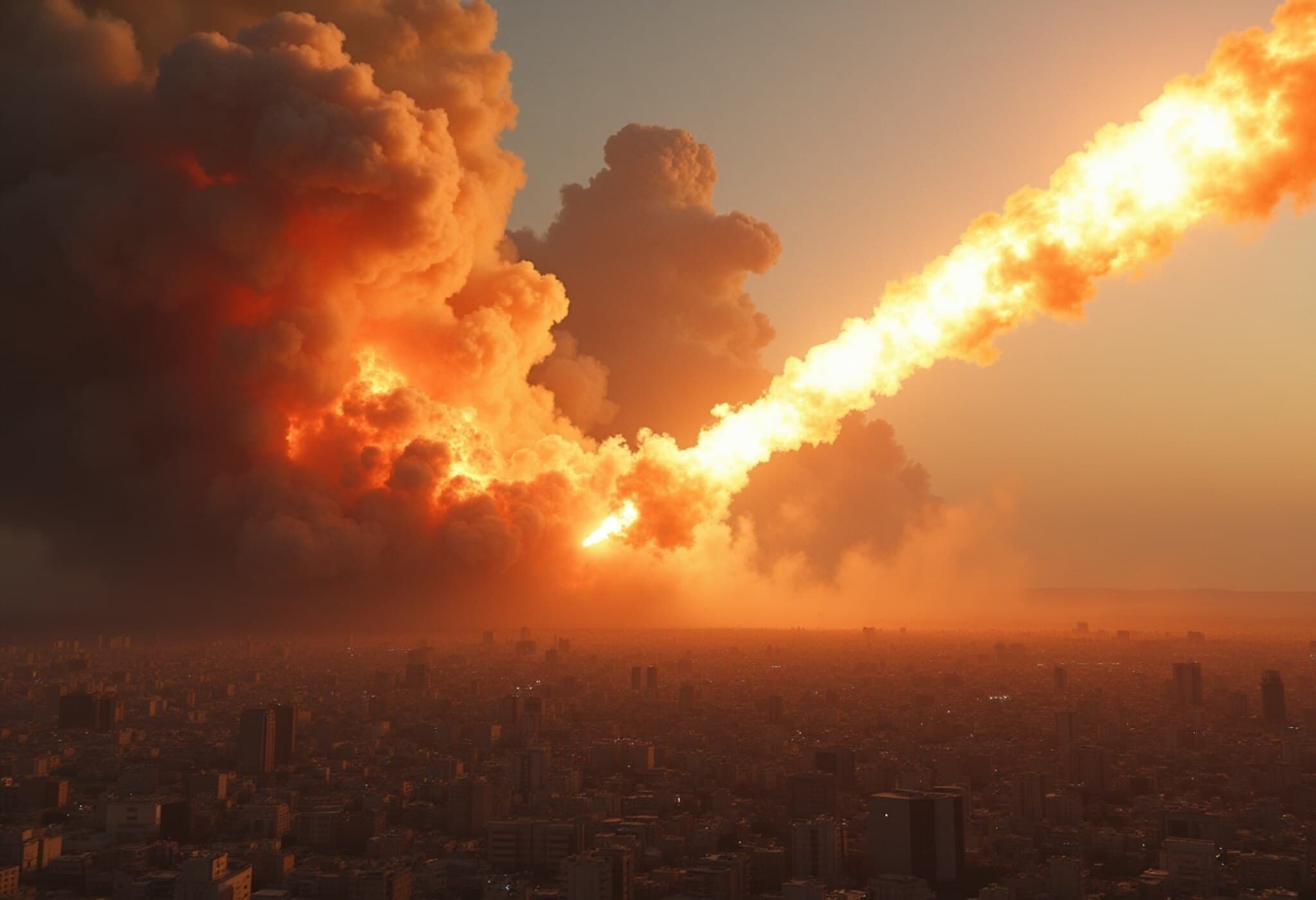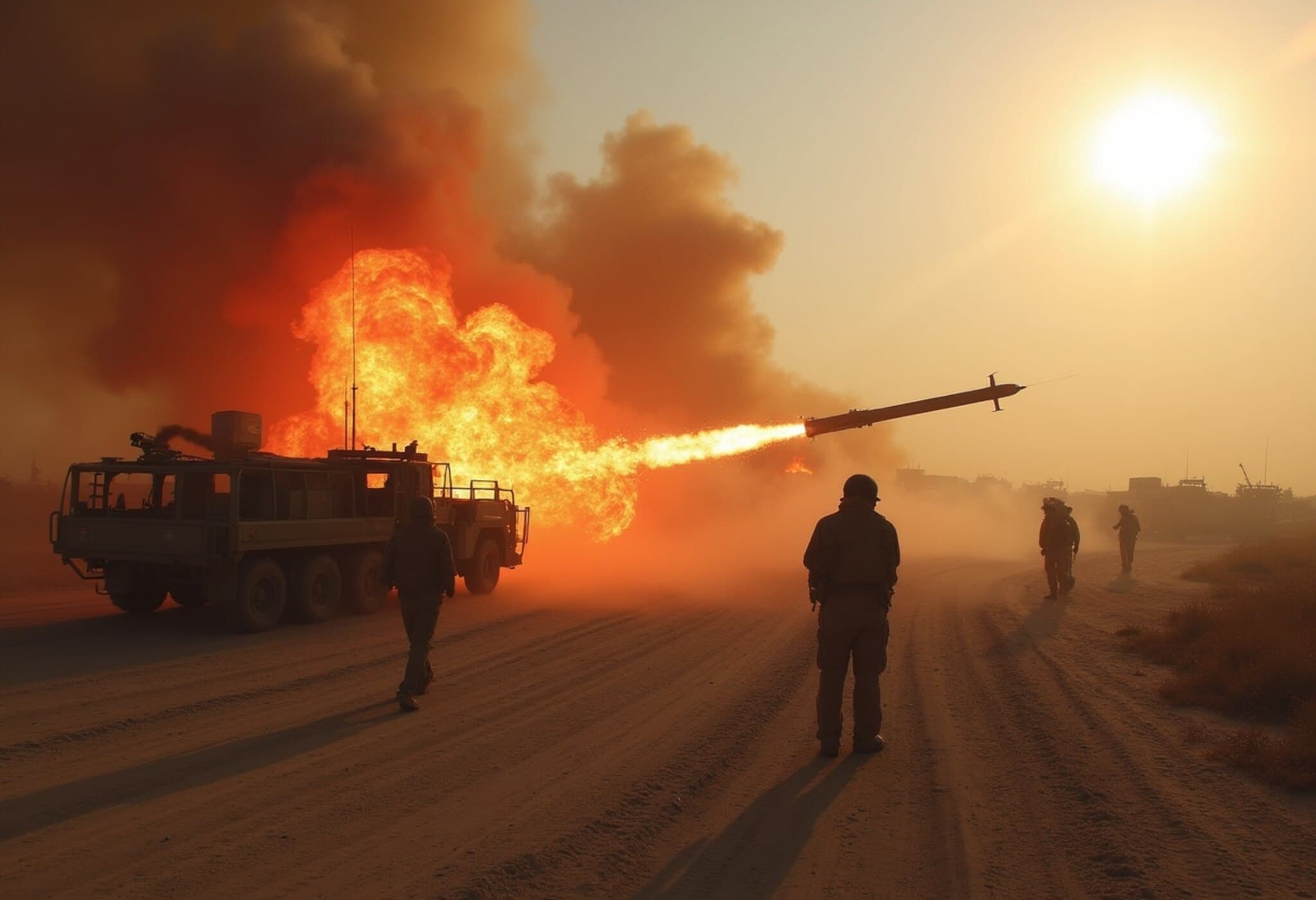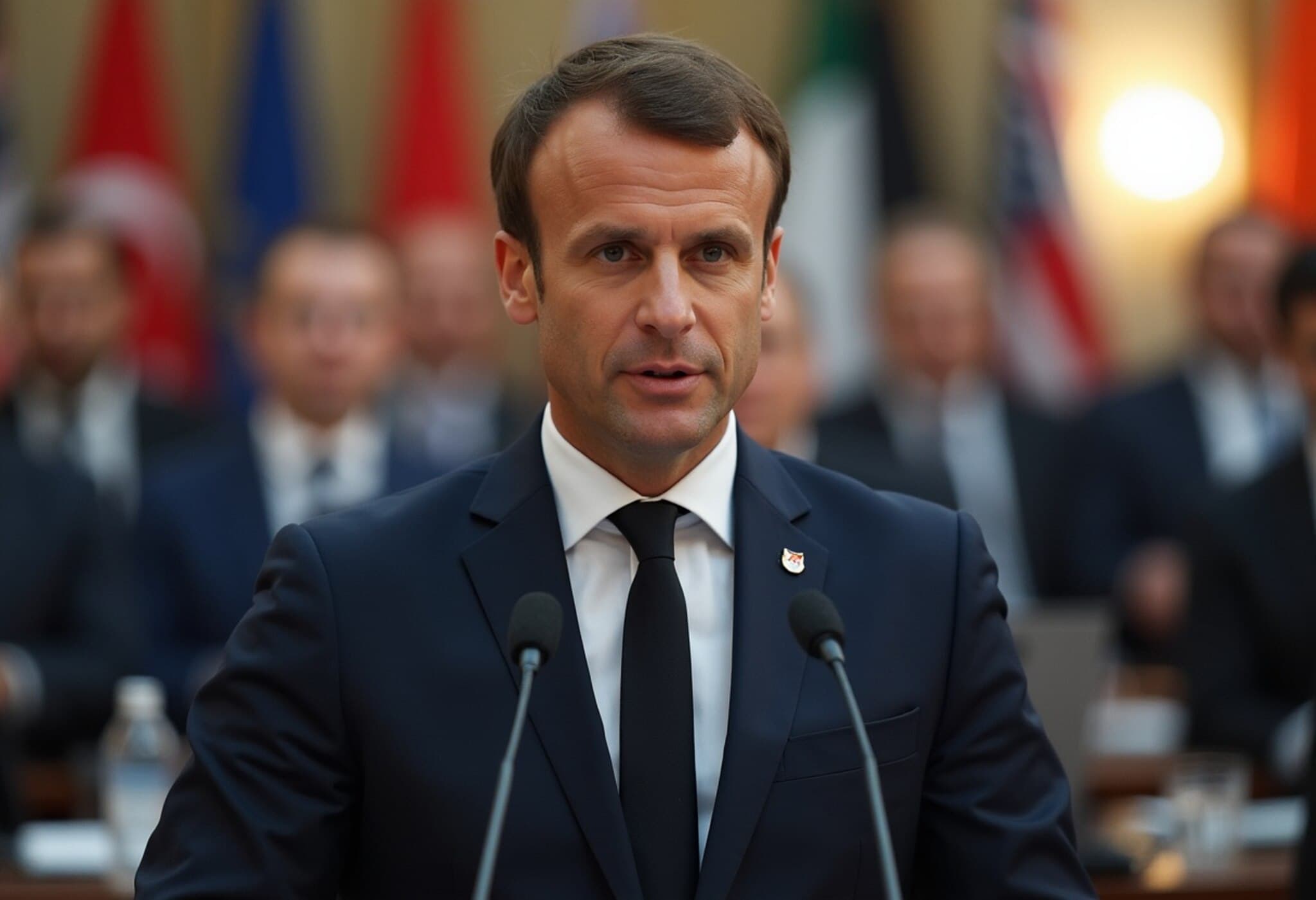Explosive Night in Israel as Iran Fires Missiles
On Friday night, alarm sirens wailed across Tel Aviv and Jerusalem as multiple explosions echoed through the skies—signaling a sharp escalation in the long-standing Israel-Iran conflict. Iran launched a barrage of ballistic missiles targeting Israeli territory, marking a dramatic retaliation against recent Israeli strikes on Iranian soil.
Operation Rising Lion: Israel’s Bold Response
Israel swiftly responded by announcing the commencement of "Operation Rising Lion", aimed at dismantling what it calls an imminent threat from Iran’s military and nuclear infrastructure. The Israeli military confirmed targeted strikes against missile and drone bases, as well as nuclear facilities within Iran’s borders, including locations near Isfahan. Prime Minister Benjamin Netanyahu emphasized the existential nature of this campaign, cautioning that the operation will persist until the perceived danger is neutralized.
Prime Minister Netanyahu’s Resolute Message
"Generations from now, history will record our generation stood its ground, acted in time and secured our common future," Netanyahu stated during a national address.
Iran’s Retaliation and Leadership Losses
Iran’s state media announced hundreds of ballistic missiles fired in retaliation for Israeli airstrikes that targeted the Natanz nuclear site and eliminated several top Iranian military leaders. Notably, Major General Mohammad Bagheri, Iran’s armed forces chief of staff, and Revolutionary Guards commander Hossein Salami were among those killed, delivering a significant blow to the country’s military command.
Following the attacks, Major General Mohammad Pakpour was swiftly promoted to replace Salami and vowed fierce retaliation, warning that "the gates of hell will open to the child-killing regime." Iran’s Supreme Leader, Ayatollah Ali Khamenei, accused Israel of igniting a war and condemned the strikes as acts of aggression.
Regional and International Reactions
- United States: President Donald Trump indicated that negotiations regarding Iran’s nuclear program remain possible, cautioning Tehran that a deal is essential to avoid further devastation.
- United Nations: The Security Council convened at Iran’s request amidst escalating tensions, with Tehran promising a decisive and proportional response to what it labeled Israel’s "cowardly and unlawful" actions.
- Oil Markets: Crude prices surged amid fears of broader conflict in a key oil-producing region, yet OPEC stated no immediate supply changes were warranted.
Civilians and Proxy Groups: The Broader Impact
The dual strikes have greatly heightened anxiety among Iranian citizens, many of whom expressed fear and uncertainty. Some view these events as a possible turning point in Iran’s hardline governance, while others pledged strong support for their country’s nuclear ambitions.
On the Israeli side, a missile launched from Yemen’s Houthi militia—one of the few Iranian-aligned groups retaining operational capacity—hit Hebron in the West Bank, injuring three Palestinian children due to shrapnel.
Strategic Shifts and Military Operations
Israeli intelligence sources revealed that Mossad operatives conducted covert missions deep within Iran in the lead-up to these events. An Israeli command base for attack drones has also been established near Tehran, facilitating precision strikes against Iran's air defenses and missile systems.
While the full extent of the damage to Iran’s Natanz site remains under assessment, international nuclear authorities have recently questioned Tehran’s compliance with non-proliferation treaties.
Looking Ahead: Uncertain Prospects for Diplomacy
Though diplomatic talks between Iran and the United States are scheduled imminently, the recent missile exchanges cast a shadow over potential progress. Both nations stand at a precarious crossroads as military action escalates and regional stability hangs in the balance.

